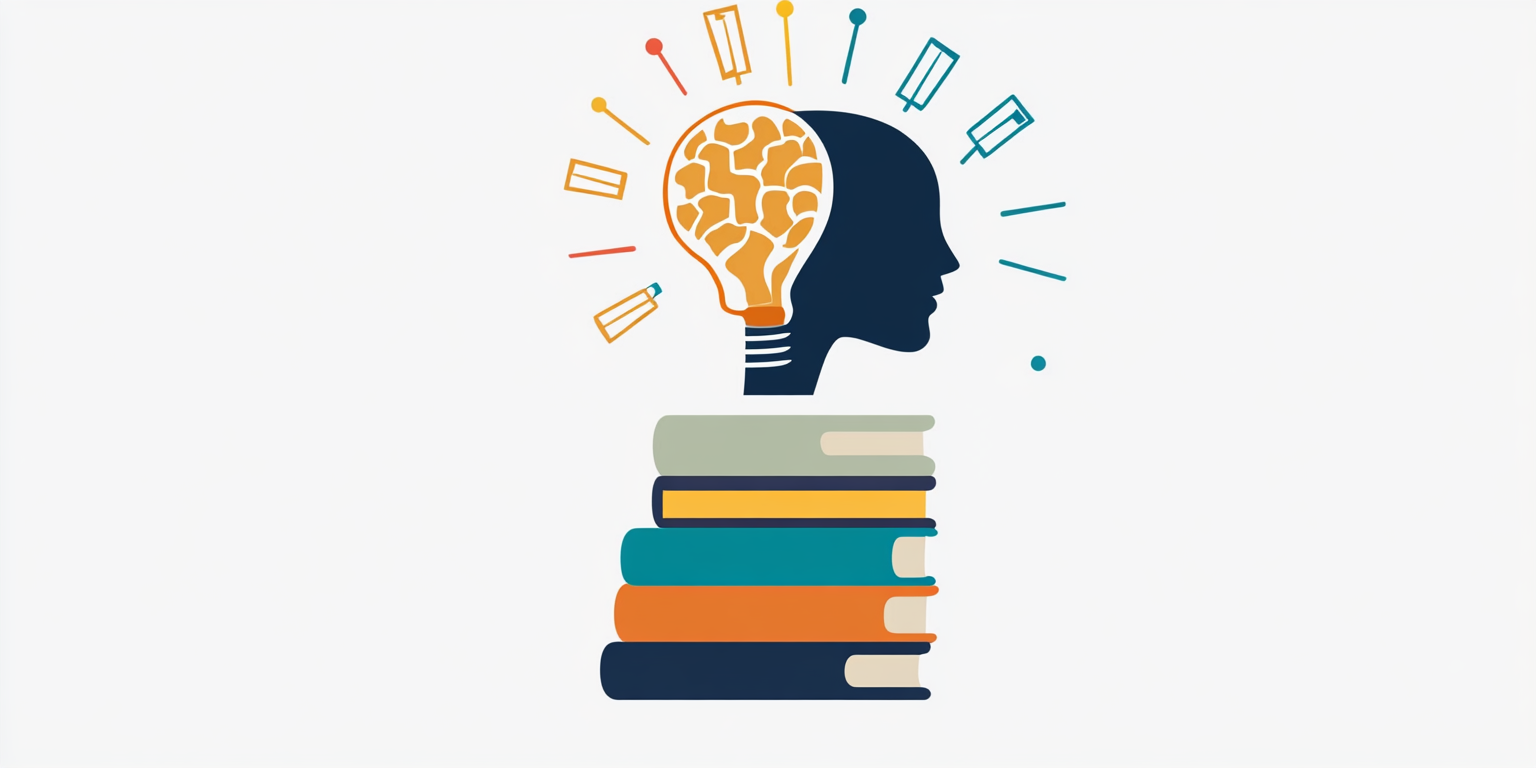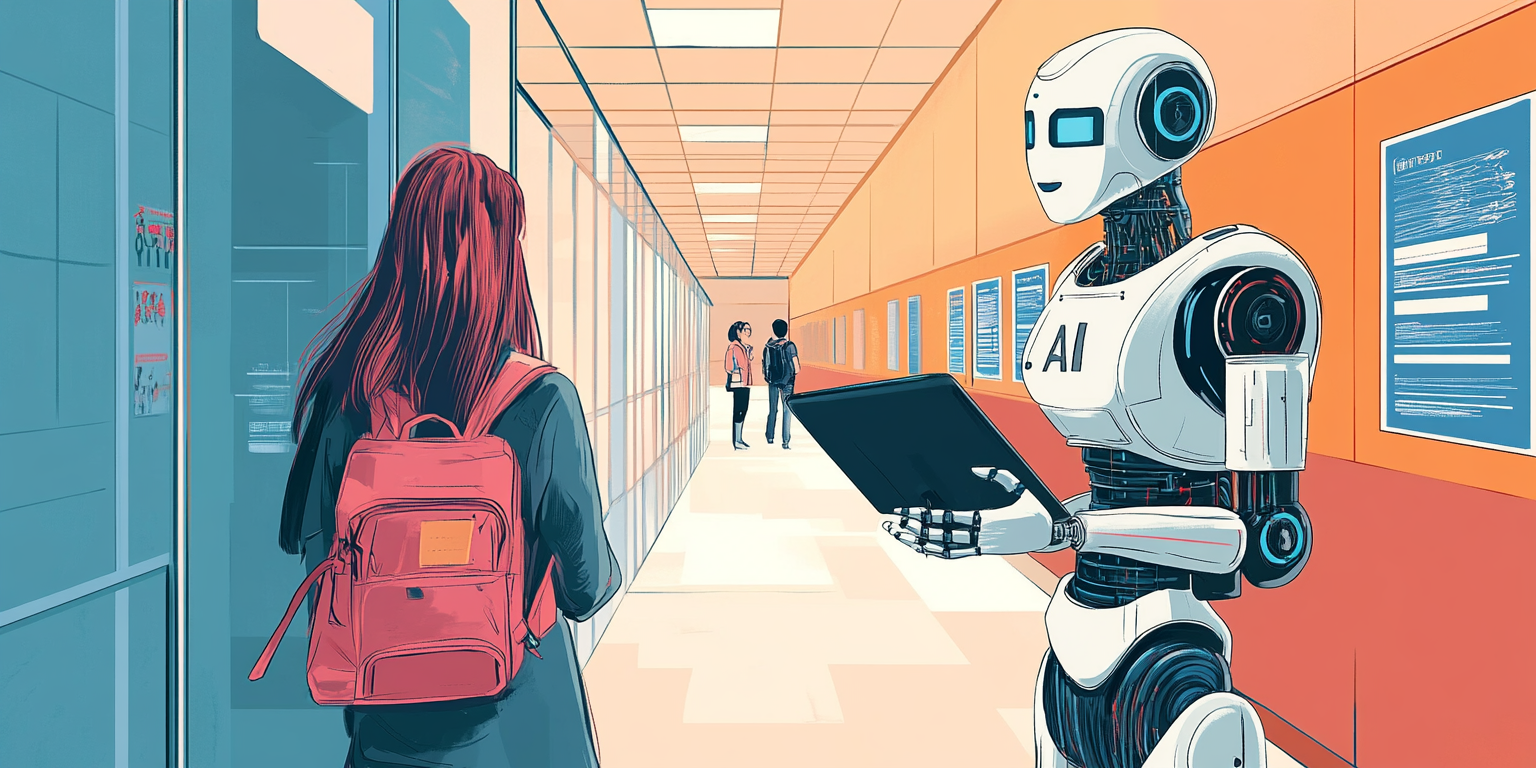The technical portion of the interview had gone flawlessly. I had optimized a complex database query, explained my approach to data visualization, and even impressed the panel with my knowledge of their industry's specific analytical challenges. I was riding high, confident the job was practically mine.
Then came the pivot.
"So, tell me about a time you had to influence a team that didn't initially agree with your approach," the hiring manager asked, leaning back in her chair.
My mind went completely blank. I started rambling about a project, then switched to another mid-sentence, failed to articulate any clear challenge or resolution, and eventually trailed off with a weak "...so yeah, that's how we handled it."
The atmosphere in the room had shifted palpably. The technical rapport I'd built had evaporated, replaced by uncomfortable glances between interviewers.
"Thank you," the hiring manager said with a polite smile that didn't reach her eyes. "Let's move on."
I knew in that moment I had lost the opportunity.
The Soft Skills Blindspot
This wasn't an isolated incident. Throughout my career as a data professional, I had invested thousands of hours mastering technical skills—Python, SQL, statistical methods, machine learning algorithms—but virtually no time preparing for the human element of interviews.
My typical soft skills interview failures:
- Rambling, disorganized responses without clear structure
- Inability to recall relevant examples under pressure
- Focusing on technical details rather than interpersonal dynamics
- Missing opportunities to demonstrate leadership and emotional intelligence
- Appearing uncomfortable when discussing team conflicts or failures
- Giving theoretical answers rather than concrete examples
A brutally honest friend who worked in HR reviewed my mock interview recording and didn't mince words:
"You come across as someone who's brilliant with data but potentially difficult to work with. Your answers make you sound like you've never dealt with a challenging human situation in your life."
The irony was that I had plenty of relevant experiences—successful cross-functional projects, resolved conflicts, instances of persuasive communication. I just couldn't access these stories under pressure or structure them effectively.
Failed Traditional Approaches
I tried several methods to improve:
- Memorizing canned responses: Which sounded robotic and fell apart when questions were phrased differently
- General interview books: Which provided frameworks but not personalized feedback on my specific communication patterns
- Friends as mock interviewers: Who were either too nice to give critical feedback or lacked interviewing expertise
- Recording myself: Which showed me I had problems but didn't help me fix them
After losing out on a particularly exciting role—explicitly due to "concerns about team fit despite technical excellence"—I knew something had to change.
The U2xAI Approach
A colleague who had successfully transitioned from a technical to a leadership role recommended U2xAI. Skeptical but desperate, I decided to give it a try with a straightforward prompt:
"U2xAI, practice soft-skill interview questions with me (like teamwork, handling stress), and clearly evaluate how well I answer."
What followed was unlike any preparation method I'd tried before.
The Personalized Feedback Revolution
U2xAI didn't just ask standard questions—it created a comprehensive soft skills development program:
1. Diagnostic assessment
- Identified my baseline communication patterns
- Pinpointed specific weaknesses in my storytelling
- Recognized my tendency to focus on technical rather than interpersonal elements
2. Structured improvement plan
- Progressive question difficulty based on my comfort level
- Focus on translating technical achievements into leadership stories
- Specific practice on areas where I consistently struggled
3. Real-time feedback
- Immediate analysis of response structure and effectiveness
- Identification of missed opportunities to demonstrate soft skills
- Suggestions for concrete examples that would strengthen answers
Most importantly, U2xAI provided specific, actionable guidance on how to structure responses using frameworks like STAR (Situation, Task, Action, Result) while still sounding natural and authentic.
The STAR Method Breakthrough
One of my biggest revelations came when U2xAI helped me understand why my stories weren't landing effectively. I would typically:
- Start with unnecessary technical context
- Jump straight to the solution
- Focus on the technical aspects rather than interpersonal dynamics
- Fail to explicitly state the positive outcome
U2xAI taught me to restructure my responses:
Situation: Brief context establishing the business challenge (not technical details)
- "Our marketing team was making decisions based on incomplete customer data, causing misaligned campaigns."
Task: My specific responsibility in addressing the challenge
- "As the data team lead, I needed to convince marketing leadership to adopt a new analytics approach they were resistant to."
Action: Specific steps taken, emphasizing interpersonal skills
- "Rather than pushing my solution, I scheduled individual coffee meetings with key stakeholders to understand their concerns. I created a pilot program that addressed their specific objections and demonstrated value quickly."
Result: Concrete, measurable outcomes and lessons learned
- "Within three months, the marketing team became our biggest analytics advocates, campaign performance improved 27%, and we established a cross-functional data governance committee that continues today."
This structure transformed my rambling technical monologues into compelling stories of collaboration and leadership.
The Mock Interview Transformation
As I continued practicing with U2xAI, the feedback became increasingly nuanced:
"You're now structuring your answers well, but you're still using technical jargon that would lose non-technical interviewers. Try translating concepts like 'data normalization' into business outcomes like 'creating a single source of truth.'"
"Your example effectively demonstrated problem-solving, but missed an opportunity to highlight how you brought the team along. Consider including how you mentored junior team members through the process."
"Great improvement in articulating the business impact! Next, work on injecting more enthusiasm into your delivery—your tone doesn't match the impressive results you're describing."
This iterative, specific feedback allowed me to refine my responses in ways that would have been impossible with traditional preparation methods.
The Real-World Results
Two months after beginning my U2xAI practice regimen, I interviewed for a senior data scientist role at a company I'd long admired. When the behavioral questions began, I felt a new sense of confidence.
"Tell me about a time you had to influence without authority," the interviewer asked.
Instead of panic, I had clarity. I delivered a concise, structured story about cross-functional collaboration that highlighted both technical expertise and emotional intelligence. I watched the interviewer's expression shift from neutral assessment to genuine interest.
"That's exactly the kind of approach we value here," she said, nodding appreciatively. "How do you think that experience would translate to our environment?"
The conversation flowed naturally from there, feeling less like an interrogation and more like a collegial discussion about leadership philosophy and team dynamics.
I received an offer the following week—with a compensation package 25% higher than initially discussed.
Measurable Improvement
The transformation in my interview performance was dramatic:
Before U2xAI:
- Consistently received feedback that I was "technically strong but not a cultural fit"
- Dreaded behavioral questions and visibly tensed when they arose
- Provided disorganized responses averaging 3-4 minutes with no clear point
- Focused 80% on technical details, 20% on interpersonal dynamics
After U2xAI:
- Received multiple offers with specific mention of "excellent communication skills"
- Approached soft skills questions with the same confidence as technical ones
- Delivered concise, impactful stories in 1-2 minutes with clear structure
- Balanced technical accomplishments with leadership and collaboration themes
Beyond Interviews: Career-Wide Impact
Perhaps the most surprising outcome was how this preparation affected my actual work performance. By practicing articulating my collaborative approaches and leadership philosophy, I became more intentional about demonstrating these qualities in my daily work.
- Team members commented on my improved communication clarity
- My project updates to executives became more impactful
- I found myself more effectively bridging technical and business perspectives
- Performance reviews noted my "growth as a well-rounded leader"
The Human Element Remains Essential
What I appreciate most about U2xAI is that it didn't try to make me someone I'm not. It didn't provide generic scripts or suggest I hide my technical orientation. Instead, it helped me authentically communicate the full range of my capabilities—technical and interpersonal—in a way that resonated with interviewers.
"The goal isn't to stop being a technical person—it's to be a technical person who can also connect, influence, and lead."
The tool didn't replace human practice but made that practice infinitely more effective by providing expert-level feedback I couldn't have accessed otherwise.
A New Professional Identity
Today, I no longer see myself as "just a technical person who's bad at soft skills questions." I've integrated both technical excellence and communication effectiveness into my professional identity.
When mentoring junior data scientists, I emphasize that career advancement requires both technical depth and the ability to articulate the human side of technical work—how you collaborate, influence, resolve conflicts, and lead.
The position I ultimately accepted has been transformative for my career, offering both technical challenges and leadership opportunities I wouldn't have accessed if I'd remained in my soft skills blind spot.
Those behavioral questions that once filled me with dread? They're now opportunities to differentiate myself from other technically proficient candidates—and that has made all the difference.











